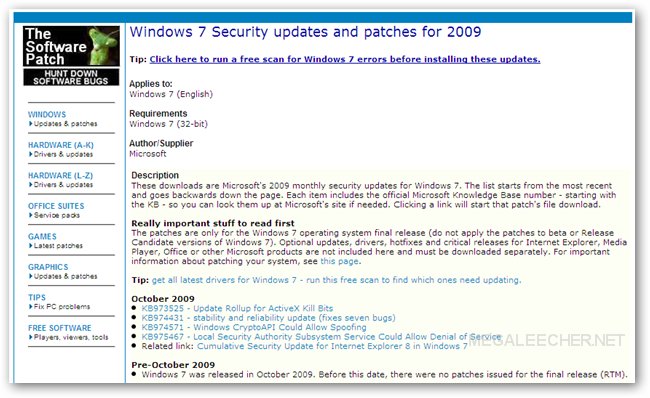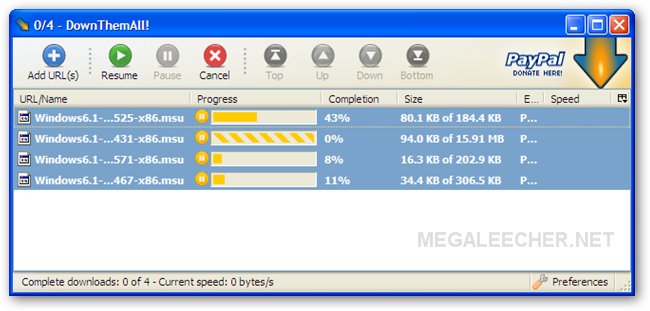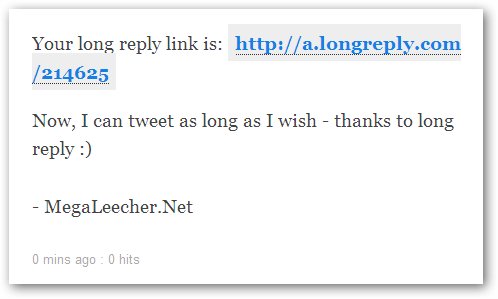Lately, I've been hearing a lot of fanfare about an application called DoubleTwist that is at its core a free music jukebox that offers content syncing to a variety of portable devices, including the BlackBerry, the PSP, and the iPod, as well as pretty much anything that can mount in Universal Mass Storage mode. One of the main draws of the program is that it can take your iTunes library and sync it to a variety of non-iPod players, an important feature for anyone who has ditched the ubiquitous device in favor of a music phone or other MP3 player. And soon, the Windows version of the jukebox will offer built-in support for Amazon MP3 store purchases as well (note: the Mac version already supports Amazon MP3 purchases), a move in line with the company's goal to offer consumers choice when it comes to digital music management.

The DoubleTwist video view.
Certainly, DoubleTwist is a useful solution for a lot of people, especially since it incorporates automatic video transcoding for a lot of the supported devices, which is the feature that drew me to the software. However, the program is not without its pitfalls, and some of them are sure to cause no small amount of frustration. For example, the video transcoding--done during the syncing process--takes forever. Conversion speed was roughly two times normal speed, so a 90-minute movie took 50 minutes or so to encode and transfer. Still, considering DoubleTwist offers this feature for free and integrates it so simply, I'm willing to forgive the sluggishness.
Much more annoying is how slow the video library loads in thumbnail mode, and while it is loading, you can't actually browse the selections. Rather, the cursor will automatically jump back to the very top of the window. I ran into the same issue with photos. Luckily, switching to list mode fixes the problem, so you can actually get something productive done while the library continues to load (obviously, the larger the library, the more annoying the issue). I also ran into trouble during syncing, as DoubleTwist would not initially recognize my iPod Touch or a handful of UMS devices I connected (the Mintpad and the Philips GoGear, to name two), although a software update helped with the iPod issue. My final complaint is that the software doesn't give you any custom options during install and tends to take over your digital media experience once installed, automatically booting up whenever you connect any external device.
Gripes aside, DoubleTwist delivers as advertised. It offers a seamless connection with iTunes and lets users easily transfer that content to non-iPod devices. It also successfully converts video to a variety of formats suitable for whatever device is connected, and the process is invisible to the user, which makes the process extremely straightforward--a lovely thing, considering the pain that is digital video formatting. Plus, it offers integrated buttons for automatically publishing photos and videos to Flickr and YouTube. Going forward, it'd be great to see a spruced-up interface, because as it stands, DoubleTwist isn't particularly inspiring in look-and-feel. But it gets the job done and it does it for free, so it's definitely worth checking out.


 It is advisable to keep your operating-system and software's updated for optimal computer performance and security and Windows allows automatic update functionality to ensure this; however if your computer does not have a functional internet connection getting updates can be a bit tricky and you need to get
It is advisable to keep your operating-system and software's updated for optimal computer performance and security and Windows allows automatic update functionality to ensure this; however if your computer does not have a functional internet connection getting updates can be a bit tricky and you need to get 






